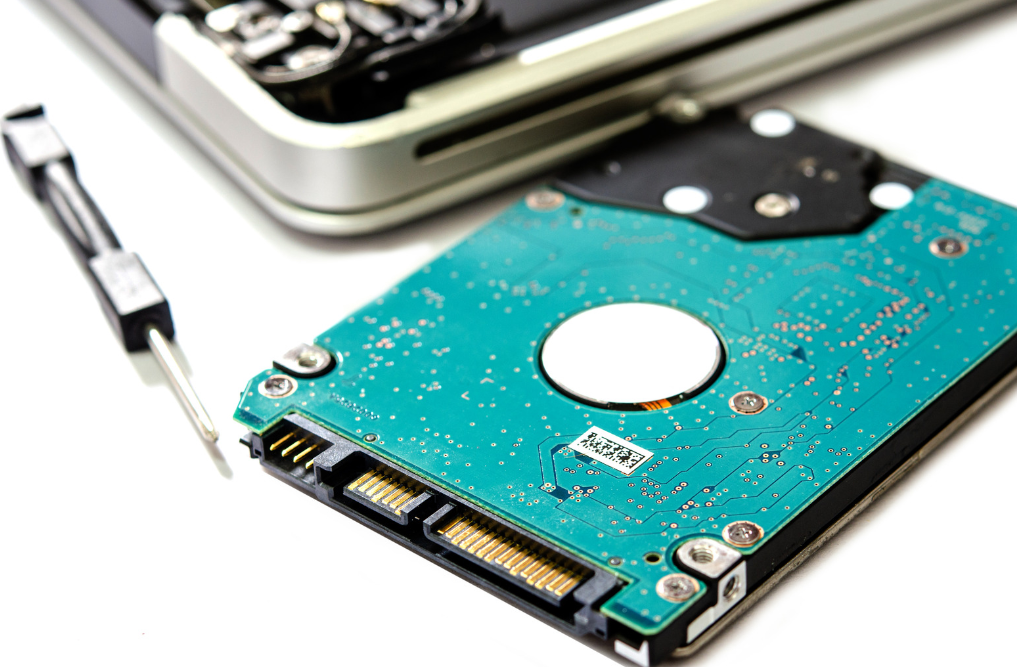When it comes to choosing the right storage solution for your computer, it's important to understand the differences between a hard drive and a solid state drive (SSD). Both options have their own advantages and disadvantages, so let's dive in and explore which one is the best fit for your needs.
What is a Hard Drive?
A hard drive is a traditional storage device that uses spinning magnetic disks to store and retrieve data. It has been the standard for many years and offers a large amount of storage space at an affordable price. Hard drives are available in various capacities, typically ranging from 500GB to several terabytes.
What is a Solid State Drive?
A solid state drive, on the other hand, is a newer type of storage device that uses flash memory to store data. Unlike hard drives, SSDs have no moving parts, which makes them faster, more durable, and less prone to failure. They are available in smaller capacities compared to hard drives, but their performance benefits make them an attractive option.
Performance
When it comes to performance, SSDs are the clear winners. They offer significantly faster read and write speeds compared to hard drives, which means faster boot times, quicker file transfers, and snappier overall system performance. If you work with large files or run resource-intensive applications, an SSD can greatly improve your productivity.
Reliability
Hard drives are mechanical devices with spinning disks, which makes them more susceptible to physical damage and failure. On the other hand, SSDs have no moving parts, making them more resistant to shock and vibration. This makes SSDs a more reliable option, especially for laptops or portable devices that are frequently moved or subjected to rough handling.
Storage Capacity
When it comes to storage capacity, hard drives offer more bang for your buck. You can find hard drives with capacities of several terabytes at a fraction of the cost of an SSD with the same capacity. If you need a large amount of storage space for your media files, games, or other data, a hard drive is the way to go.
Price
One of the biggest advantages of hard drives is their affordability. They are significantly cheaper than SSDs when it comes to cost per gigabyte. If you're on a tight budget and need a lot of storage space, a hard drive is the most cost-effective option.
Conclusion
In summary, choosing between a hard drive and a solid state drive depends on your specific needs and budget. If you prioritize speed, durability, and overall performance, an SSD is the way to go. However, if you require a large amount of storage space at an affordable price, a hard drive is still a viable option. Consider your priorities and make an informed decision based on what suits your requirements best.
Are you still pondering? Take a look at our Laptops, PCs and Tablets. Please contact us if you need further information or assistance.

